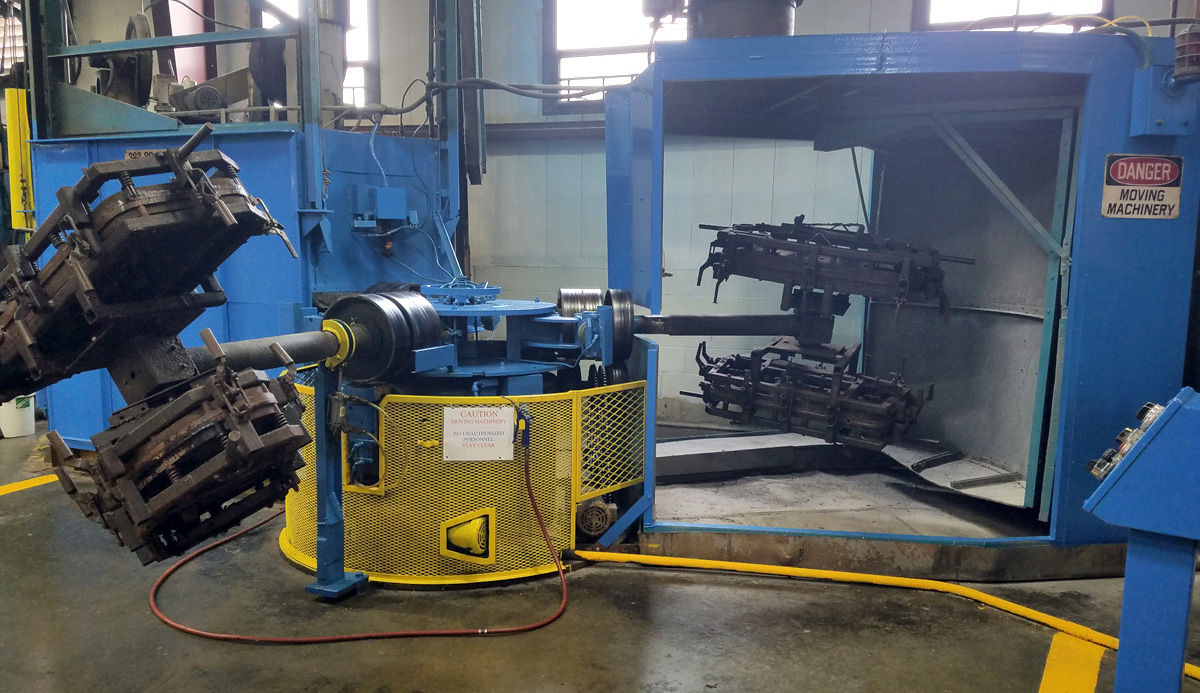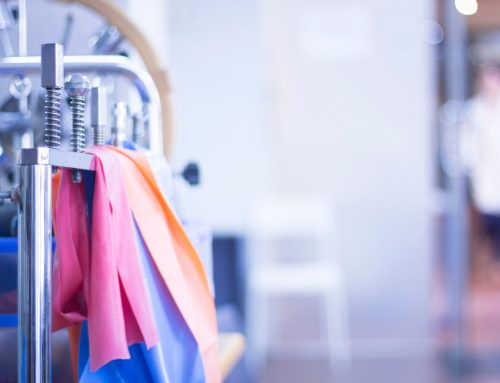Midwest Rubber Company has created a stellar reputation for quality and flexibility as a global leader in rubber and plastics for more than 70 years. Consistently known for meeting our clients’ needs and serving a wide variety of industries and clients, we consider our job done only when we exceed our clients’ expectations.
To achieve such high client appreciation, we proactively develop and implement processes that maximize product customization and quality. Let’s take a look at one of our processes, to illustrate just one example of our effectiveness.
Rotational molding, also known as roto-molding and roto-casting, is our go-to procedure at Midwest Rubber Company whenever we manufacture a hollow object of any size or shape. Our fondness of rotational molding is due to a variety of reasons, including because of its:
- Durable results
- Reliability
- Ease
- Less expensive alternative for our clients compared to several other techniques.
Further, rotational molding provides a solution for short runs, given its less expensive up-front tooling and molding costs. And, this process effectively manufactures more challenging parts.
At Midwest Rubber Company, we have used the rotational molding process with its wide applicability to produce a wide range of products from basic chair components and buckets to more complicated items, like protective boots for trucks and hospital beds. Additionally, the eco-friendly process enables us to significantly reduce waste and support our environment.
Following, are a few key differences between rotational molding as compared to other plastics molding processes:
- The use of resins instead of pellets, which melt in the molds instead of being placed under pressure
- A biaxial rotation
- The use of more simple molds and less expensive materials which lead to cost savings
To introduce the process of rotational molding at Midwest Rubber Company, it all begins with creating a mold by casting the shape of the final product. We partially fill the mold with the best compound/resins for the job – typically, plastisol or polyethylene. At this stage, this material is either a liquid or consists of tiny granules, which enable more even distribution during melting.
We then place the mold in the oven. As the mold heats, we rotate it on both its vertical and horizontal axes, allowing the now-liquid compound to fuse and fill the space entirely as it forms a complete object. We then take the mold to a cooling chamber, where we continue to rotate it in the same manner. Once its temperature has dropped sufficiently, we remove the part from the mold. The resulting product consists of seamless parts with a uniform wall thickness, and as there is more material in corners this enables absorption of shocks in the most common areas.
At Midwest Rubber Company, rotational molding is just one of the many techniques that we utilize in our respected manufacturing processes to bring unique and effective solutions to clients that meet their highly-specialized needs in the rubber and plastic industry.
When you are in need of a custom product or part, we welcome you to contact Midwest Rubber Company, and we will be happy to discuss your needs and the ways that we can serve you.



